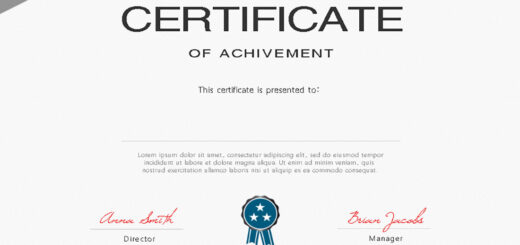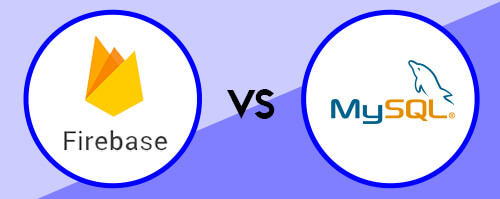Not All Computer Graduates Work As Programmers
There is nothing worse than being a computer engineering student (or equivalent degree) who hates programming and believes you will spend your life doing it. And that’s already being a computer engineer, but not into programming, spending half of your professional life doing it and knowing that you have the other half.
In this profession, and in this country, 90% of those who don’t like programming spend his whole life for programming. And 90% of non-programming computer engineering jobs end up being filled by people who didn’t study computer science. That’s how it is in this profession.
The fact is that lately, and more and more, the Question is: can I be a computer engineer and not master programming for the rest of my life?
First of all, that learning programming is a very respectable activity, and one of the most important activities a computer engineer can undertake. But while that is a great dedication, there are many other professional dedications for a computer engineer. Another dedication that must be acknowledged, unfortunately, only a few universities prepare their future engineers.
Please also read the article Is it important to pursue education..?? College or not?
The following non-technical tips are no guarantee, they do not ensure professional success as a non-programming computer engineer, but in my personal experience the computer engineers I have met with professional success without programming meets the following criteria.
Learn to speak English.
I’m not saying that you enroll in a language school, or any other academy, I’m saying that you learn to speak English. I’m also not talking about knowing how to read and write, I take it for granted. I mean knowing how to start a conversation, understand and speak. In my case, the first years of my professional career, I didn’t need English for almost anything other than reading. But there will come a time when if you don’t know English, you subconsciously start avoiding situations that require English. And missed opportunities. The problem is that it takes time, and if you haven’t prepared well in advance, when you need it (and nothing has been announced here in a long time) you won’t have time to learn.
Specialize in an area
Excellent in a particular field, and for this study, read, study, read, etc. Everything that is required in this type of work (regarding auditing, security, quality, etc.), things that no one has taught you for sure, nor will they teach you. Today information is widely available, and you can watch MIT webinars, YouTube videos, blogs, forums, and so on. And it’s getting like this, because things are moving so fast and the only way to keep up is to find out for yourself, without waiting for someone to tell you.
Choose your first job very well.
It gives me a lot of trouble when I hear people say things to me like: “for the money I chose to work SQL programming instead of an internship at a xxx specialty company, and now I regret it and it will be very difficult for me to straighten out my career .” So there you have it. Don’t pawn off your entire career for the first few years.
Participate.
Get involved and participate in groups of people who are doing what you want to do. Today with so many 2.0 you have it easy. Who doesn’t go on forums, linkedin, twitter, etc related to what he wants to dedicate is because he doesn’t want to. Identify who is the most prominent person and learn from them. If you dare, here are some.
Make it easy for them to get to know you.
Create a CV on the Web, navigate to the job you want, and stick with it. You can start from setting up linkedin to setting up a website. But have something ready now to put your CV on. Sending CVs in pdf format is starting to become history. Today you don’t send your CV to people, people who go and look for you, look at Google, LinkedIn, etc., and visit your CV, and if there’s no CV… bad. And as a corollary to this point: take care of your online reputation.
Develop non-technical skills.
No one is taught in University to speak in public, make presentations, summarize ideas, etc. But all these kinds of things are very important. It doesn’t matter how good a technician you are, it won’t do you any good if you don’t know how to transmit what you know. So don’t just focus on the technicalities, and start reading about how to speak in public, give presentations, etc.



